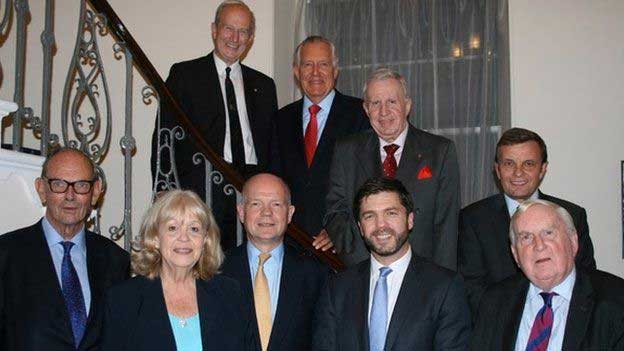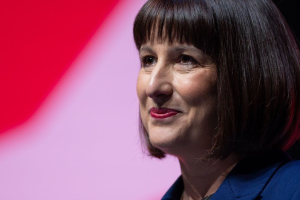FORMER Secretary of State for Wales Nicholas Edwards, latterly Lord Crickhowell, has died at the age of 84.
Nicholas Edwards was born on February 25, 1934, was educated at Westminster School.
After completing his National Service in the Royal Welch Fusiliers, he read History at Trinity College, Cambridge, graduating in 1957.
After leaving University, he worked in finance in the City of London, becoming a director of both an insurance brokerage and the ‘bankers to army and empire’ National & Grindlays.
In 1970, he contested the old County Seat of Pembrokeshire.
The sitting MP, the former Bevanite left-winger Desmond Donnelly, had shifted across the political spectrum to adopt positions even farther to the right than the Conservative Party of the day. Donnelly had resigned the Labour whip in the Commons in 1968 before founding the Democratic Party, whose candidate he was in the 1970 election.
Ranged against Donnelly were both Nicholas Edwards – widely regarded as being foisted onto a constituency with which he had few – if any – links and Labour’s candidate, schoolteacher and Neyland resident Gordon Parry.
In the Conservative’s surprise victory in the General Election, the split in the Labour vote between Donnelly and Parry let the unfancied Edwards through the middle and he won the seat with a majority of just over 1,200.
Edwards was to face Parry as his main opponent in the elections of February and October 1974; on each occasion beating his opponent by fewer than 1,500 votes.
In the Conservative election victory of 1979, Nicholas Edwards was elected with a majority of over 7,700 votes and, in the 1983 landslide, won by just under 9,500 votes.
After the 1979 election, he was appointed to be Secretary of State for Wales, in which role he piloted through the Commons both the formation of S4C as Wales’ national Welsh language broadcaster and began outlining the case for the regeneration of Cardiff Bay, opposed – ironically – at the time by Rhodri Morgan.
He was a noticeable early opponent of the Poll Tax.
He stepped down from the Commons at the 1987 election and was appointed Baron Crickhowell of Pont Esgob in the Black Mountains and County of Powys.
He was, at that time still in his early fifties and, while resuming his business interests, Nicholas Edwards rapidly became active as a major booster for the Cardiff Bay Barrage Scheme and the construction of an Opera House in Cardiff Bay. The Opera House project dissolved in acrimony after the winning entry by the late Zaha Hadid was rejected as too costly to build. However, the regeneration of Cardiff Bay has brought a new centre of prosperity and public life to the Welsh capital.
In 1989, he was appointed Chair of the National Rivers Authority, a post he held until that body’s abolition in 1996 and replacement by the Environment Agency. He was subsequently President of Cardiff University and remained an active member of the House of Lords until last autumn.
Nicholas Edwards’ father had been employed at the Victoria and Albert Museum and later as an adviser to Historic England, it is therefore of no surprise that he was engaged widely within the arts, lobbying successfully for the Welsh National Opera to have a permanent base in Cardiff and became President of the Contemporary Arts Society for Wales.
He married Ankaret Healing in 1963. They had a son, Rupert, and two daughters, Sophie and Olivia.
Tributes have been paid to Lord Crickhowell by fellow Conservative politicians.
Stephen Crabb, former Welsh Secretary said: “I am deeply saddened that Nick has passed away. He was a good friend and offered encouragement to me when I was starting out in politics. Nick was a brilliant MP for Pembrokeshire and left a strong legacy including the building of Withybush Hospital. He will be missed by a great many people across our County.
“My sincerest condolences go to his family.”
Andrew RT Davies said: “Lord Crickhowell was an inspiration to a generation of Welsh Conservatives, and his passing is desperately sad news for his family and friends.
“As a constituency MP he represented Pembrokeshire with huge dedication, and he advanced the cause of Wales around the cabinet table during eight years in government.
“He was a politician of real vision and tenacity, and his most enduring legacy to Wales will be the transformation of Cardiff Bay – which to this day remains one of the most successful regeneration projects the country has seen.”

















Add Comment